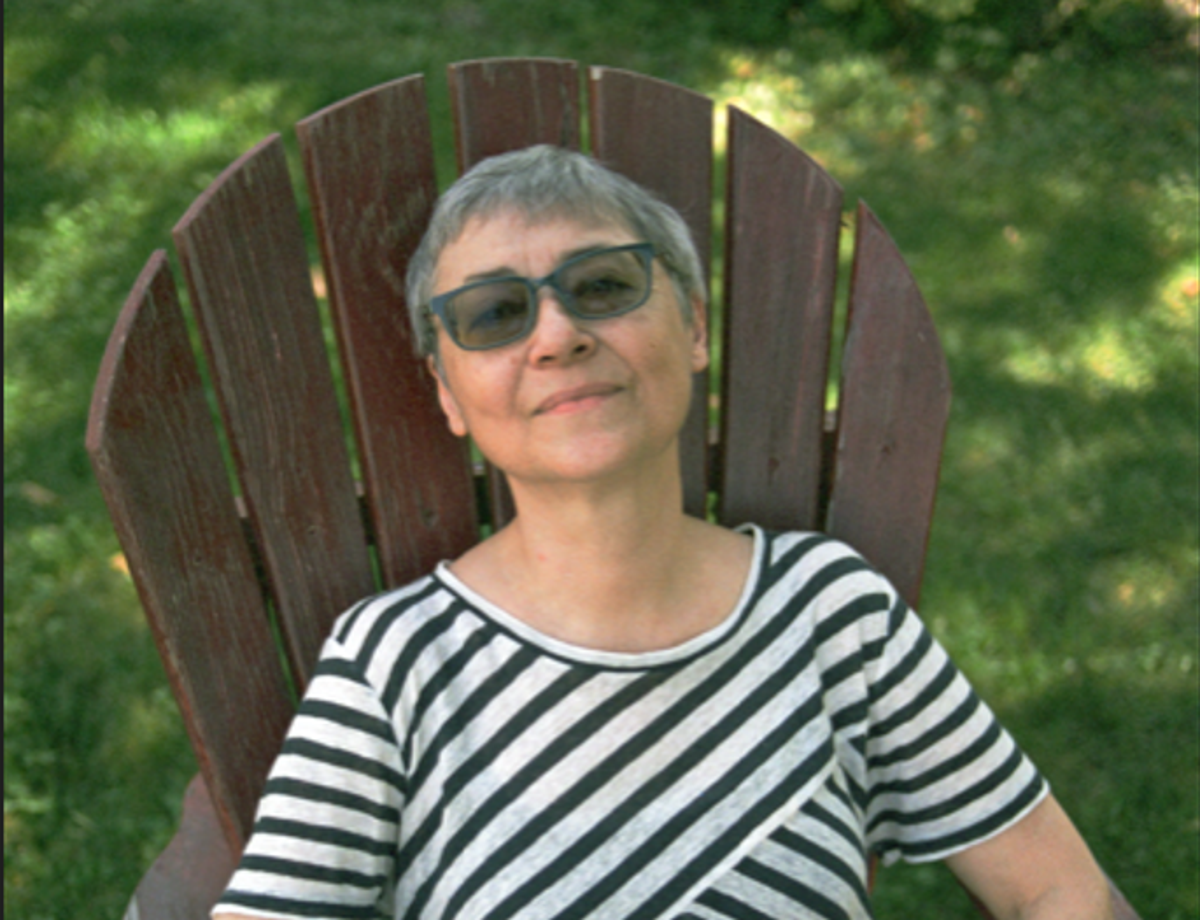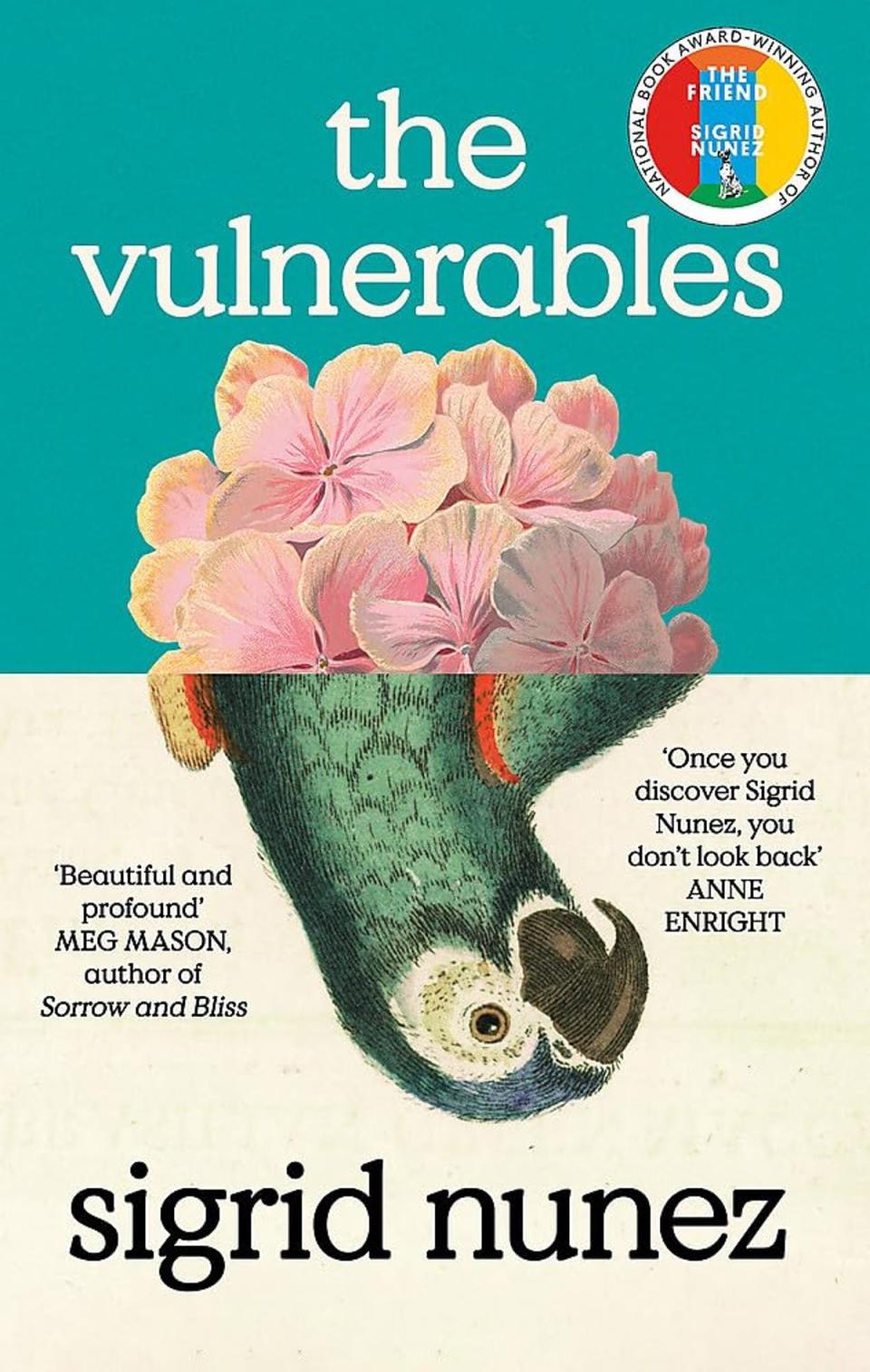The late-life magic of novelist Sigrid Nunez: ‘My books weren’t getting the attention they deserved’

The way Sigrid Nunez tells it, she simply got lucky. The fact that the 72-year-old is about to publish her latest novel – The Vulnerables, a charming tale about an older woman, a university student and a raucous macaw – to a global readership eager to devour it is down to nothing more than a bit of luck.
“Well”, she says quietly, firmly, “it is.”
Her good fortune was set in place four years ago. Then 67, she had just completed another novel, her seventh. But something unusual was to happen to this one. Where previous books had been warmly reviewed before disappearing quietly from the shelves, this one would become an award-winning, bestselling smash hit. The Friend was a beguiling exercise in autofiction that existed within the same ballpark as, say, Rachel Cusk and Deborah Levy, but with softer edges and more warmth. It revolved around a woman, in many ways resembling Nunez herself, who takes ownership of her late friend’s 180lb Great Dane, moving it into her small Manhattan apartment and attempting to manage accordingly.
At this stage in her career, Nunez, a lifelong New Yorker of German/Chinese-Panamanian extraction, was a reliably mid-list writer. But after The Friend won America’s National Book Award in 2018, its author became abruptly famous. The actor Natalie Portman called her “one of my favourite authors”, as did the British singer Laura Marling; Anne Enright argued that, “once you discover Sigrid Nunez, you don’t look back”.
“Before that happened, I’d had books published in seven different languages,” she notes. “Now I’m published in more than 30, and that’s all attributable to the National Book Award.”
So how did this happen? Was she simply getting rightful recognition for having written the best book of her career? Nunez thinks not.
“No, I don’t think it was better”, she says. “It just got more exposure. But that award, you know, it’s voted for by just five people, and so a certain amount of luck was involved. I happened to get lucky with a jury, that’s all.”
The Friend nevertheless made for a worthy winner, a beautifully rambling, if largely plotless, excavation into art and literature, solitude and connection, and what it means to be alive. The fact that its nameless narrator, a teacher of creative writing, found much to complain about her students’ essays being littered with tales of sexual violence also made it, however tangentially, timely with the #MeToo movement. And, of course, it featured a great big dog. Readers came to it, Nunez believes, for the same reason that the jury did: the Dane. It seems that people really do like dogs.

“I was teaching creative writing at Princeton at the time, and I told my colleague – the brilliant writer Jeffrey Eugenides – about it, and how it was partly about a dog, and he said that it was going to be a big hit because of the dog. I thought that was ridiculous, but he was right! People really do respond to books that have an animal character in.”
She might be on to something here. One of the bestselling books of the past couple of years was Bonnie Garmus’s Lessons in Chemistry, and that featured a talking dog.
“It’s the canine/human bond,” she says. “It speaks to people. I really don’t think my book would have reached all those people if it hadn’t had a dog in it.”
The novel’s success gave her no little satisfaction, and a sense, she suggests, of “about time”.
I really don’t think my book would have reached all those people if it hadn’t had a dog in it
“I’d always felt that my writing wasn’t particularly experimental, or esoteric, and that it would appeal to many readers – if only they’d actually read it! But now they are reading me. And that’s nice.”
Among the most hotly anticipated novels of the year, The Vulnerables, like The Friend and its swift follow-up What Are You Going Through, explores the connection humans have with animals. (The plot of 2020’s What Are You Going Through, such as it was, revolved around a suicidal friend and an imperious cat.) But while a macaw features heavily throughout The Vulnerables, it’s mostly about what every other book published these days appears fated to wallow in: the pandemic.
“I remember the writer Michael Cunningham saying recently that he didn’t understand how anyone can write something set in our time and not mention the pandemic,” Nunez says. (Cunningham, who won the Pulitzer Prize in 2009 for his novel The Hours, has just published his latest, Day, in which the pandemic features heavily.)
The book is set in Manhattan in the spring of 2020, at the dawning of what would become a strange new world. Its narrator, again unnamed, is a single woman in her late 60s who, like Nunez, writes books and teaches creative writing, and who doesn’t think twice when an out-of-town friend asks her to flat-sit for the duration of lockdown in order to look after his macaw. Soon, a young male student – previously an occasional tenant there – moves back in, and together the three of them shield indoors, where they share food and conversation, patiently trying to sit the whole thing out.
Nunez says that she never meant to write a pandemic novel. Indeed, once lockdown had been imposed, writing was the very last thing on her mind.
“I was too stunned by what was happening, and also incredibly anxious about the political situation. But then a line came into my head: ‘It was an uncertain spring.’ That’s Virginia Woolf, of course (from the 1937 novel The Years), but for obvious reasons it resonated with me then, and so I carried on writing.”
What emerges is in many ways quintessential Nunez. The Vulnerables reads less like a novel and more like an extended roam around its author’s beguilingly cluttered thoughts, touching as it does upon subjects as varied as the writing of Joan Didion, an uncertain American future, and an appreciation of hydrangeas. When I ask her to ’fess up and simply admit that what she’s doing here is straightforward memoir, she raises her glasses to rub her eyes, and lets out a wry chuckle. Clearly, this isn’t the first time people have underestimated her highly precise literary skills.

“No! Look, like other writers, I make things up!” She points out that she never did look after a Great Dane (per The Friend), and nor did she have a friend who considered ending her life (What Are You Going Through). “And I’ve never had a macaw, either. For me”, she says, “writing has always been a case of: what if? What if I did have to look after a big dog, or a cat, or a parrot? It’s true that I tend to write my central characters as people with whom I closely identify – people who observe, reflect, quote other writers and discuss things – but everything else?” She taps the side of her head. “All made up.”
Nunez has long blended fact with fiction. Earlier novels have featured characters of a similar parentage to hers, and as her 2006 novel The Last of Her Kind attests, she’s always been very good on themes of female friendship. In 2011, she wrote a biography of Susan Sontag, Sempre Susan, while dating Sontag’s son, Daniel Rieff. This gave her book an unusual intimacy.
But her approach to writing has only recently found favour with a mainstream audience. Publishers, she says, tend not to like autofiction. “They prefer a much more straightforward narrative.” And so, though she’s been writing since adolescence, she didn’t land her first publishing deal until the age of 42. To earn a living, she has taught English as a foreign language, and been a reader of manuscripts for publishing houses, helping to discover other writers while she herself languished. That must have been terribly frustrating?
She nods. “It was. But then it was frustrating even after I was published, because my books weren’t getting the attention I felt they deserved. I’d see reviews of other books in the New York Times, while mine were completely ignored. But then rejection is a part of the writer’s life, right?”
Today, with professional frustration firmly behind her, Nunez lives alone, no partner, no pets.
“I did have two cats, but after they died, I just didn’t think I could go through it again. And so here I am, without a companion. I’d love another pet, but not a macaw, I think. Too loud. My neighbours would kill me.”
I saw a quote recently, from a writer – Ian McEwan? Amis? – who said that the novella is the form of old age
She has recently retired from teaching, and when I ask whether that’s because she actively wants to make hay while the sun is still shining quite so brightly for her, she is quick to suggest otherwise.
“No, it’s not that at all. In fact, I don’t think I’ve many more books in me.”
For a moment, she looks beyond her computer screen in her Greenwich Village apartment, lost in thought. “I saw a quote recently, from a writer – Ian McEwan? Amis? – who said that the novella is the form of old age. I can see that, and I can imagine writing more books, but I know they will be very short.”
She isn’t writing at the moment, though. “No. I feel I’ve been very busy lately, and so I just want to stare into space. I want to be on a train and stare out of the window, and see what comes to me, what happens to my mind.”
‘The Vulnerables’ is published by Virago today


